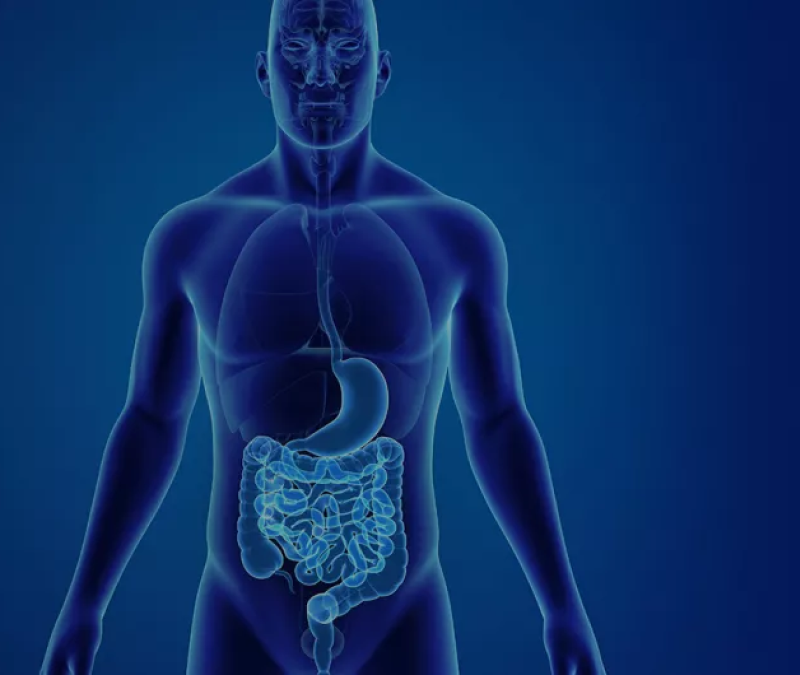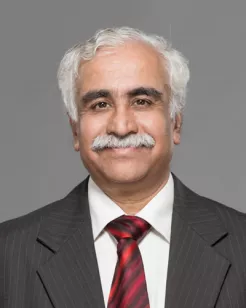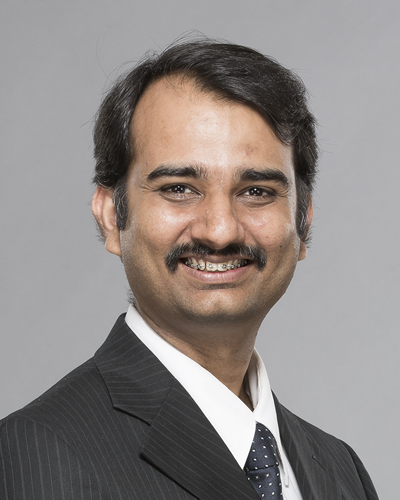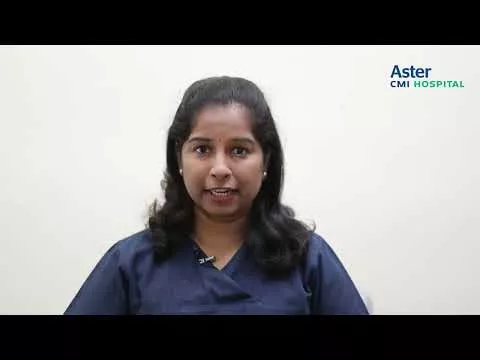The Department of Gastroenterology at Aster CMI hospital provides a holistic perspective to Gastroenterology, keeping the patient ahead of everything else. The state-of-the-art facility is dedicated to the diagnosis and treatment of gastrointestinal diseases. The entire unit keeps up the spirit of Aster CMI hospital that is ranked as one of the best gastroenterology hospitals in Bangalore according to the Times of India Critical Care Hospital Ranking Survey. The team of experts in gastroenterology work closely with multidisciplinary specialties like GI surgery, Oncology, Paediatrics, and Radiology to render optimum, evidence-based treatment to patients.
The Gastroenterology team includes renowned and experienced consultants, best gastroenterologists in Bangalore, Interventional endoscopists and stoma-care therapists with highly qualified support teams trained in Basic and Advanced Endoscopy, Nutrition and GI oncology, Inflammatory Bowel Diseases, Pancreatic diseases, and GI motility services.
The gastroenterology department also provides comprehensive diagnostic services which include narrow-band imaging, Endoscopic Ultrasound, and related interventions, Capsule Endoscopy, Single Balloon Enteroscopy, and Paediatric Endoscopy. We also offer therapeutic services such as Oesophageal Dilation, Variceal Sclerotherapy/Banding, Endoscopic Mucosal Resection of Polyps and Early Mucosal Tumors, Ulcer Injection, Polypectomy, Argon Plasma Coagulation, Removal of Foreign Bodies, Percutaneous Endoscopic Gastronomy (Peg), Gastric or Enteric Feeding Tubes, Therapeutic ERCP, Colorectal Stricture Dilation, Oesophageal/Colonic Stent Placements and Emergency Endoscopy services.
GI bleeding is one of the most commonly encountered emergencies in gastroenterology, and the GI bleeding unit ensures a quick and rapid response within 2 hours. The Advanced Therapeutic Endoscopy unit provides state – of – art Endoscopic Therapeutic procedures like Personal Endoscopic Myotomy (POEM) for Achalasia Cardia, Anti-Reflex Mucosectomy (ARMS) for the treatment of patients with Gastroesophageal reflux diseases, Interventional EUS procedures like Cyst Drainage, EUS guided Biliary Drainage, etc.
It is the only centre in Karnataka offering Biofeedback therapy for patients with chronic constipation and Fecal Microbiota Transplantation - a novel treatment modality for patients with Inflammatory Bowel Disease. The department, with the best doctors for gastric problems in Bangalore, also provides comprehensive Nutritional services ranging from nutritional support to patients who are obese and overweight, to nutritional therapy (including Total Parenteral Nutrition) for malnourished patients. It has a dedicated specialist in GI oncology, dealing with cancer of the GI tract. Specific protocols are in place for the evaluation of patients with cancer executed by a comprehensive multi-disciplinary team-based management of complex GI cancers.
The GI oncology services also include screening for early cancer (stomach cancer), identifying high-risk individuals, and the planning of treatments, including chemotherapy. Owing to the range of diagnostic and therapeutic services, the multidisciplinary approach to treatment and state-of-art techniques, the Aster CMI Hospital is one of the best hospitals for gastroenterology in Bangalore for treatment of multiple gastro ailments.
Our Doctors
We have some of the best specialists from around the world, they bring years of experience and offer evidence-based treatment to ensure the best care for you.
Treatments & Procedures
We provide comprehensive treatment for all types diseases under one roof. Our highly experienced doctors supported by especially trained clinical staff, ensure the best care for you.
FAQs
Want to find out more about the treatment? The answer to your questions can be found below.
What are the most common types of conditions that gastroenterologists treat?
Gastroenterologists at Aster MIMS Kannur commonly address prevalent conditions such as acid reflux, irritable bowel syndrome (IBS), inflammatory bowel disease (IBD), ulcers, liver disorders, gallbladder issues, pancreatitis, and gastrointestinal cancers. With expertise and precision, they offer effective care for a broad spectrum of digestive system conditions tailored to individual needs.
Blogs
The source of trustworthy health and medical information. Through this section, we provide research-based health information, and all that is happening in Aster Hospital.










